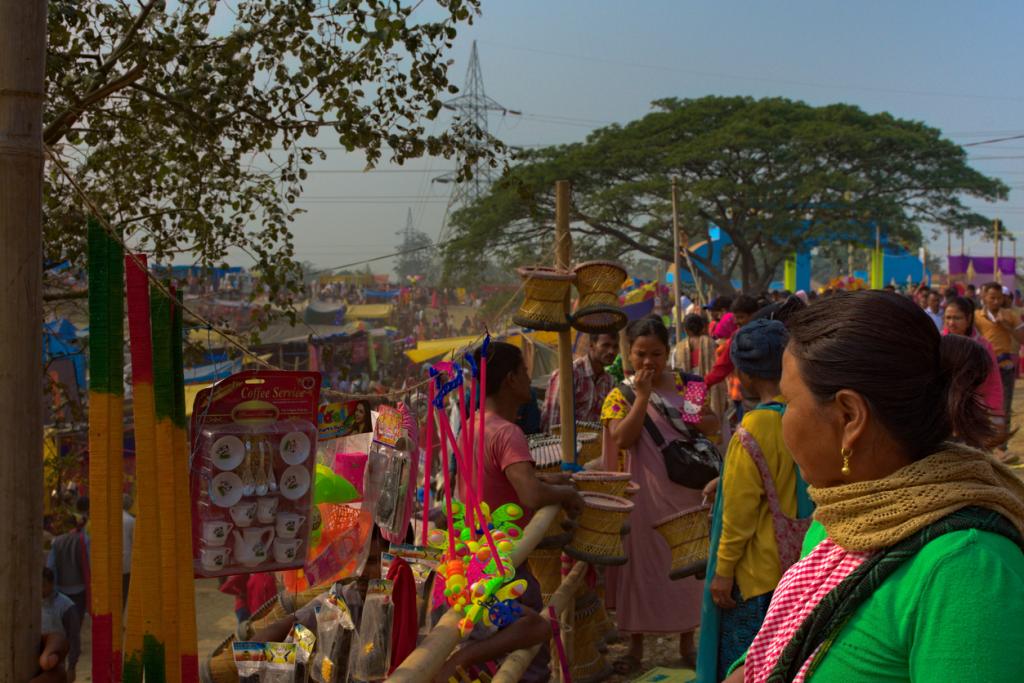Cultural Preservation

Cultural preservation is the dedicated effort to safeguard and maintain the richness of a society’s heritage, traditions, and artifacts for future generations. It involves the protection of tangible and intangible aspects of culture, including art, language, customs, and historical sites. Cultural preservation not only fosters a sense of identity and continuity but also celebrates diversity by acknowledging the unique contributions of different communities.
This endeavor often requires the documentation of oral histories, the conservation of ancient monuments, and the promotion of traditional art forms. Educational programs and museums play a vital role in transmitting cultural knowledge, ensuring that customs and practices are passed down through generations. In an era of globalization, cultural preservation becomes a crucial bridge between the past and the present, fostering mutual understanding and respect among diverse communities. It serves as a testament to the importance of heritage in shaping collective identity and enriching the global tapestry of human civilization.
News Paper Articles



Media Gallery

Associated Partners






